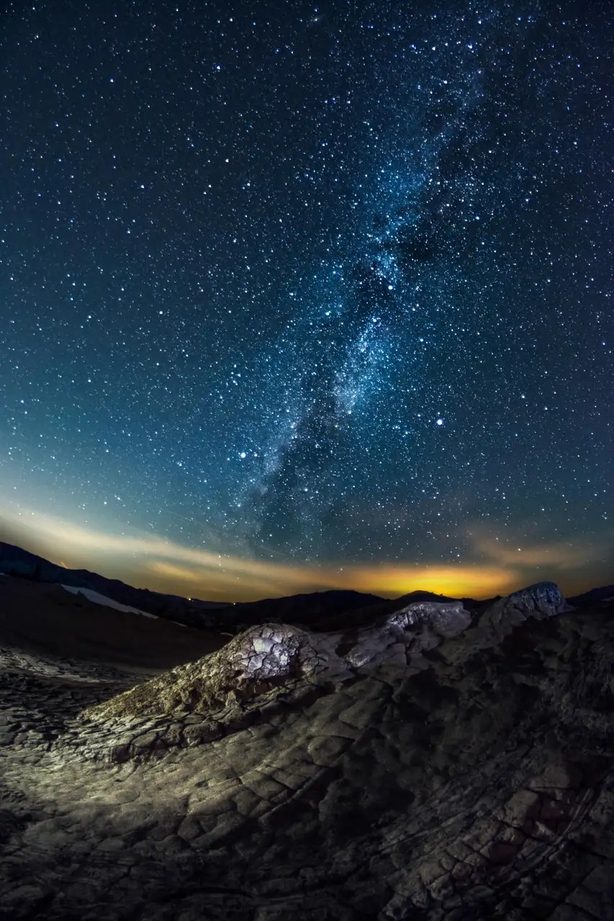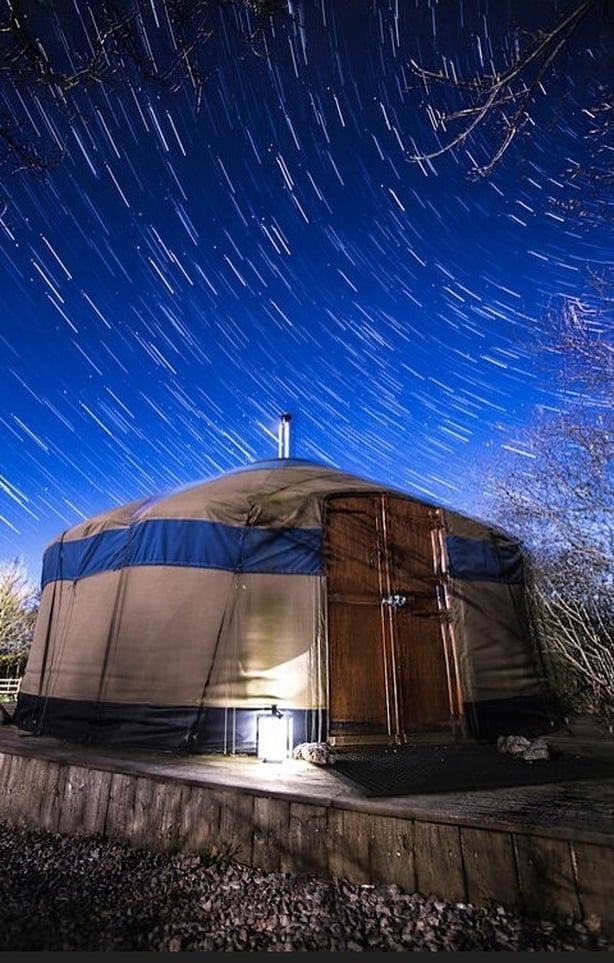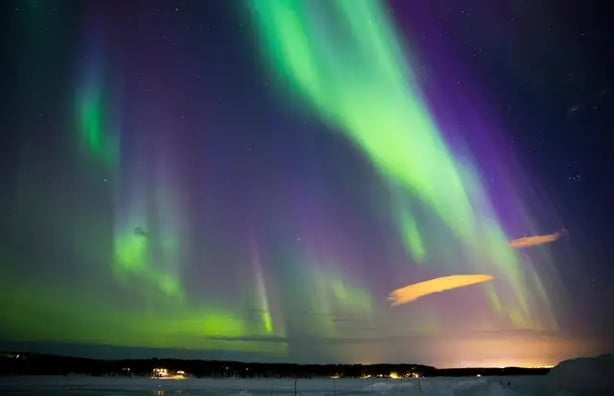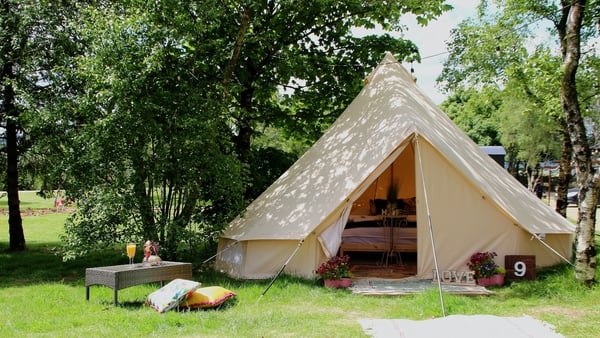Gazing up at a star-filled sky before falling asleep in your tent beneath the Milky Way is one of the real joys of summer.
And next time you pitch your tent, think of this mind-boggling fact as you stare upwards: the European Space Agency (ESA) released a treasure trove of data on almost two billion stars in the Milky Way.
How insignificant does that make most everyday problems feel?

To see the stars in all their glory, there are a few simple things to remember. Jonathan Knight, UK manager of outdoor stays provider Hipcamp, says: "Your eyes need time to fully adjust to the darkness of the night sky, but your night vision can be ruined by one flash of bright light.
"Turn your headlights off, put out that campfire, and avoid using any flashlight with white light. Instead, use a red-filtered headlamp or flashlight to navigate in the dark and save your eyes from frequent adjustments."
Downloading a star map app might also be a good idea, he suggests. "Whether you’re just observing with your naked eye or through a powerful telescope, your smartphone can guide you around the night sky, show you what you’re looking at, and help you find constellations like the Big Dipper and Orion."
Inspired? Here are some of the best spots across Europe, the UK, and Ireland to enjoy gazing at beautiful stars in a clear sky.
1. Canary Islands, Teide National Park
The Teide National Park in Tenerife has been recognised as a "Starlight Tourist Destination" by the Starlight Foundation, an organisation which aims to protect the night sky – meaning this is a place where light pollution is controlled and visitors should have excellent conditions for stargazing.
Lisa Francesca Nand, travel journalist and host of The Big Travel Podcast says: "With moonscape mountains and clear skies, Tenerife’s interior is one of the world’s best stargazing destinations.
"For breath-taking vistas of the constellations, there are several round-trip tours offering professional guides to help explore the stars, stories and myths of the universe. Or stay over at the Parador de Las Cañadas del Teide, a mountain lodge with spectacular views."
Nand points out that wild camping is not permitted but says: "You’ll find several dedicated campsites around the area where you can switch off your torch and lie back for one of the most awe-inspiring views of earth."
2. Any of the Scottish islands

Scotland is the most remote part of the UK and rewards you with the darkest skies.
James Warner-Smith, Camping Expert at Hipcamp, advises: "Head out to the islands and glamp somewhere remote like Runach Arrain or try Badrallach Campsite, which is eight miles from the nearest main road and a 14 mile hike from the nearest shops so can guarantee you minimal light pollution."
3. Scandinavia

A great spot to see The Northern Lights, or aurora borealis, Scandinavia has vast expanses of unpolluted land and skies. The Danish islands of Møn and Nyord have been named as some of the best spots in the world to stargaze by the International Dark-Sky Association.
Wild camping is highly restricted in Denmark but there are campsites on both islands with tent and van pitches in gorgeous rural spots.
Similarly, Kiruna is the northernmost town in Sweden and is home to the Esrange Space Center, the Institute of Space Physics and Spaceport Sweden. There is a popular campsite in Kiruna called Camp Ripan which has an on site restaurant and spa for a more luxurious experience.
4. Valentia Island, Ireland
Valentia Island, off the south-western coast of Ireland, has very low light pollution, and is a tranquil spot to see the stars. Part of the Kerry International Dark-Sky Reserve, it is one of the best places to see the night sky.
Travel guide The Irish Road Trip advises checking the position of the moon before you visit, saying: "The moon’s cycle is 28 days, so each month has only seven dark nights with no moonlight to interfere with your view of the heavens above."
For camping, check out Valentia Island Caravan & Camping Park. Situated at the top of Knightstown village, you will wake up to views of the Kerry mountains and Valentia Harbour.
5. Northumberland
Northumberland National Park was named England’s first International Dark Sky Park in 2013 by the International Dark Sky Association.
Warner-Smith says: "Walkmill Campsite is a great option there, nice and secluded and back-to-basics with no light pollution but also a good campsite in its own right with good access to Warkworth and the coast."
Stargazers should head to Kielder Observatory. In summer, you can view star clusters, shooting stars and the moon’s surface.

